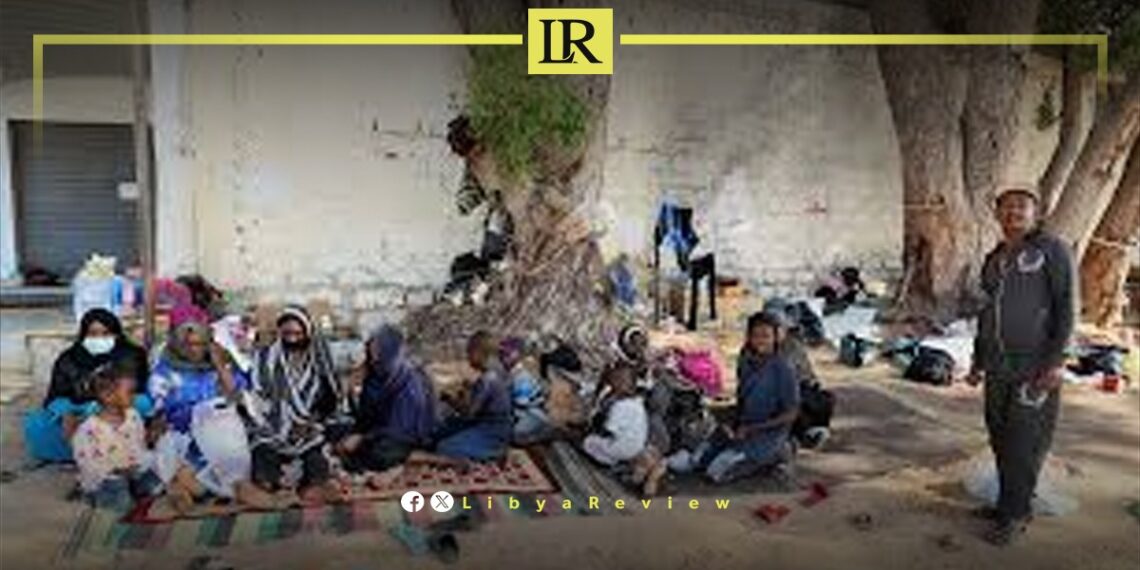The spokesperson for the municipality of Kufra in Libya, Abdullah Suleiman, announced that the number of Sudanese refugees in the city has exceeded 15,000, according to the latest official statistics.
Speaking to “Sudan News,” Suleiman noted that “the number of refugees now equals one-third of the city’s population,” highlighting the continuous influx of Sudanese refugees since the outbreak of war in their country.
Suleiman added that “the number of Sudanese refugees is increasing as the conflict in Sudan expands, with Kufra becoming the primary destination due to its proximity to the border.” He emphasized that “the municipality requires more government support to cope with the health and environmental impacts of the refugee influx.”
In a related context, Adam Regal, the spokesperson for the Sudanese Refugee Coordination, urged the international community and international organizations to focus on the plight of Sudanese refugees who have fled to Libya and other neighboring countries.
Regal warned of “the escalating Sudanese war destroying all vital and service aspects of life, including international organization centers and warehouses, leading to a significant food gap in Sudan, which has resulted in increased numbers of refugees and asylum seekers heading to neighboring countries, especially Libya.”
Statistics estimate that around 100 refugees in the city are infected with HIV/AIDS, 800 with hepatitis, and 100 with malaria, among the more than 15,000 refugees who have arrived in Kufra.
Earlier, media reports revealed satellite images showing that fires were used as a weapon of war in Sudan, destroying hundreds of villages.
A satellite unit official in Sudan stated, “More than 50 Sudanese villages have been repeatedly burned, indicating forced displacement and war crimes.” He noted that “235 fires have been documented in towns and villages across Sudan since the start of the war, with the Darfur region experiencing significant violence.”
The United Nations Children’s Fund (UNICEF) warned in its mission to Sudan about the attacks on children from the first day of this horrific conflict, pointing out that Sudanese children need the world’s attention more than ever.
The war in Sudan began on April 15, 2023, between the army led by Abdel Fattah al-Burhan and the Rapid Support Forces led by Mohamed Hamdan Dagalo (Hemedti), primarily in Khartoum, leaving hundreds of civilians dead and wounded.
Arab, African, and international parties have mediated to halt the fighting, but these efforts have not succeeded in achieving a permanent ceasefire.
The differences between the Chairman of the Sudanese Sovereignty Council and Commander of the Sudanese Armed Forces, Abdel Fattah al-Burhan, and the Commander of the Rapid Support Forces, Mohamed Hamdan Dagalo, became public after the signing of the “framework agreement” in December, which aimed to establish the transitional period, with the military withdrawing from politics and handing over power to civilians.


